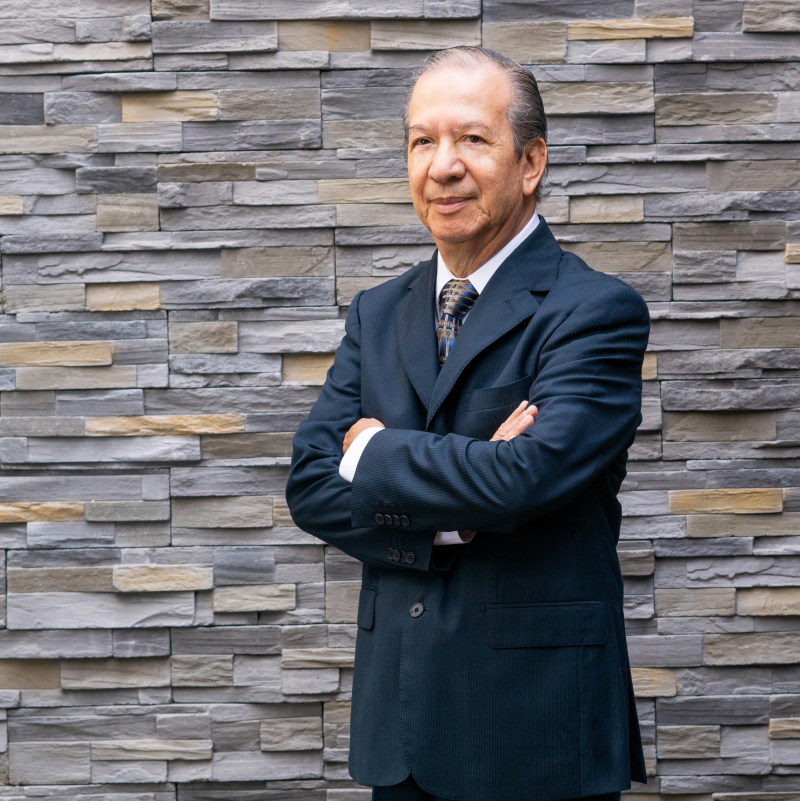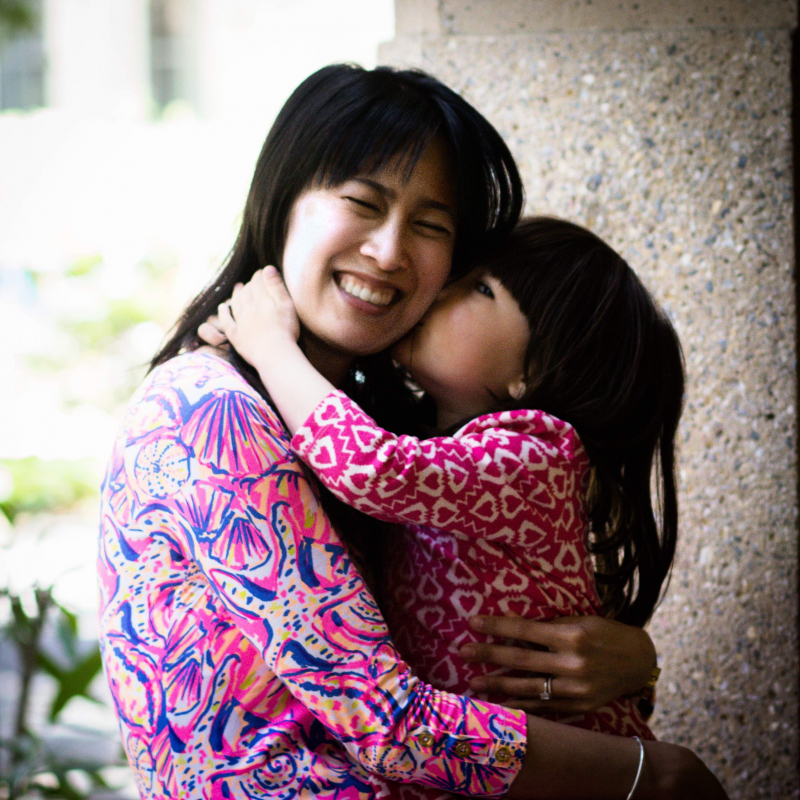
Advocating for an 'invisible' population
In a sign language class he helped to organize about a decade ago, Marco Antonio Rodríguez Revoredo noticed a woman and her young daughter growing frustrated in the back of the classroom. The pair lacked a shared language: The mother couldn’t answer questions about what was happening from her daughter, who was deaf and unable to read or write.
Seeing their anguish, Rodríguez Revoredo was determined to help break the social isolation of deaf children. “The deaf are among us, but many are invisible,” he says. “Mastering sign language does not make it possible to read or write, and very little has been done in countries like Mexico to teach Spanish literacy to deaf children.”
Based on data from the National Institute of Statistics and Geography (INEGI), an agency of the Mexican government that conducts various population census studies, he estimates that about 1.5 million of Mexico’s deaf inhabitants are illiterate, and 70 percent of deaf students do not make it to high school.
In 2016 Rodríguez Revoredo, a longtime educator who’d retired from teaching at the University of Veracruz, launched a digital platform called Alfabetizar a Sordos (ALAS), or Teaching Literacy to the Deaf, whose Spanish acronym means “wings.” The project, piloted in collaboration with the university, uses images, Mexican sign language, and interactive games to teach deaf children to read. More than 1,000 students throughout Mexico now use the self-paced program, and Rodríguez Revoredo is working to extend its use to Latin American countries where Spanish is spoken.
Rodríguez Revoredo, who will receive a Lifetime Achievement Award from the GSE at a ceremony on October 20, has spent his life working to expand access to education. Early in his career he founded the Telebaccalaureate Program, which brought distance learning to rural towns, allowing students to complete a high school education. As founding director of the Television Channel of Hidalgo, he promoted the production of educational programming in indigenous languages. In 2019 he earned the prestigious Heberto Castillo Martínez medal for using technology to solve social problems.
“I am an optimist,” says Rodríguez Revoredo, whose approach to expanding educational access is rooted in both a deep sense of justice and a practical attitude. “As human beings, we can create a world based on the dignity of everyday life.”
To register for the awards presentation on Thursday, October 20th, please visit our event page, or RSVP directly to Tiffany Ah Tye at ahtyet@stanford.edu.


